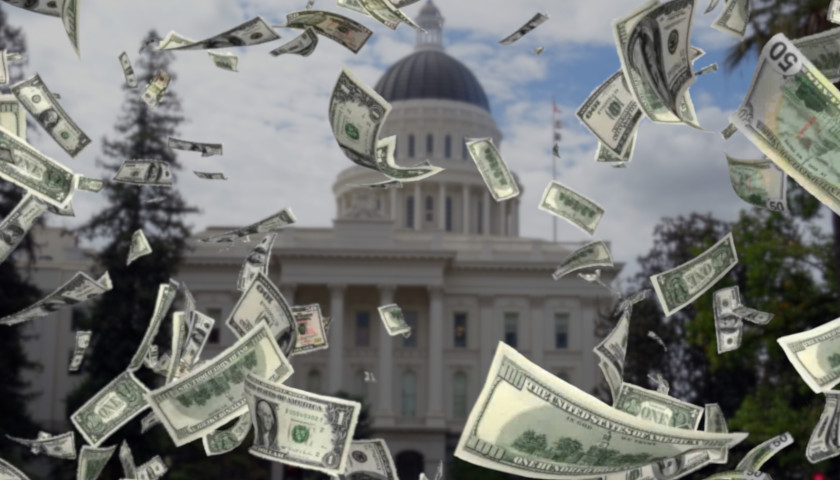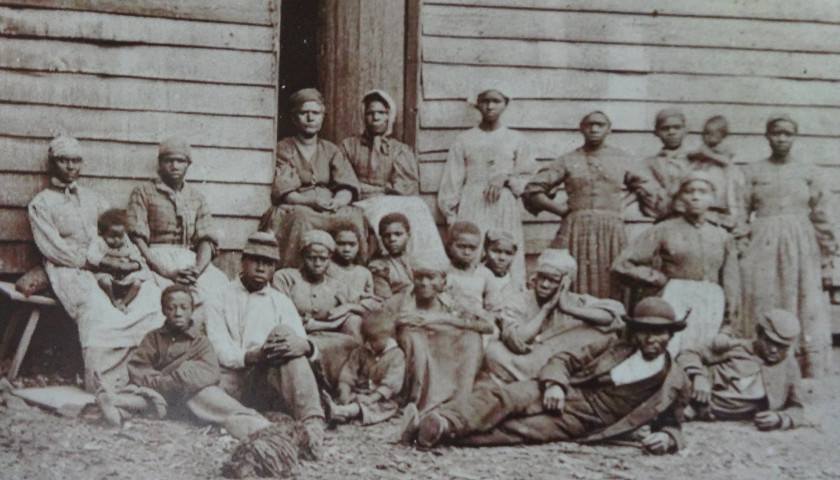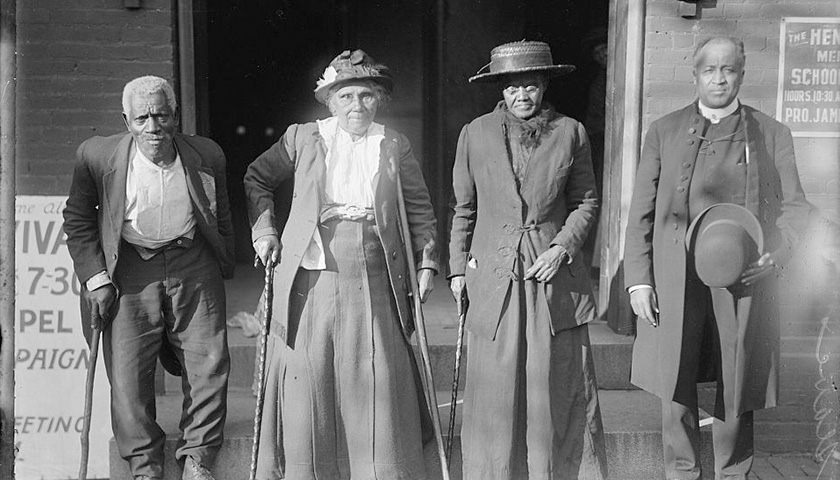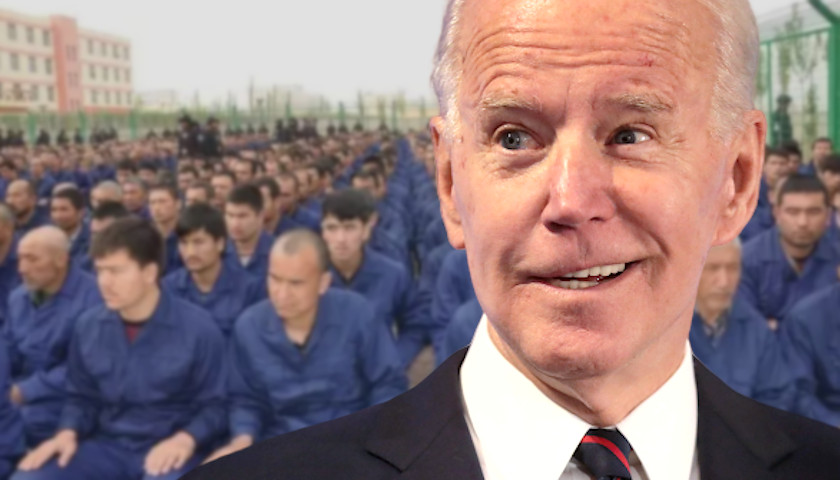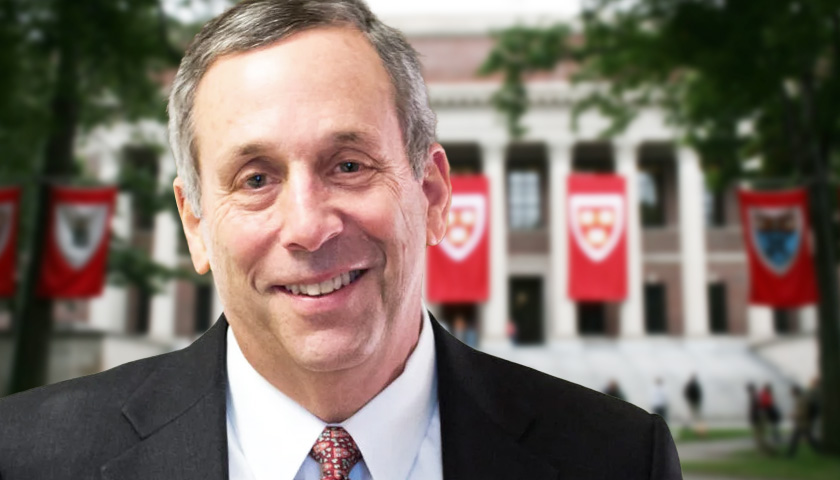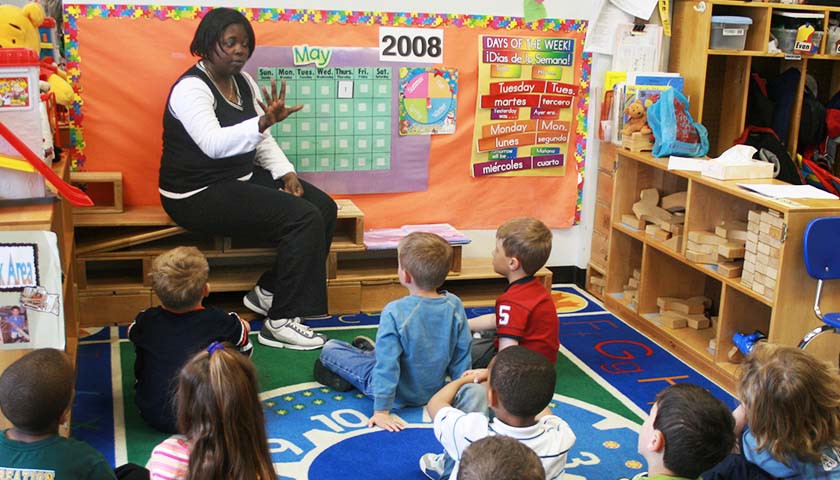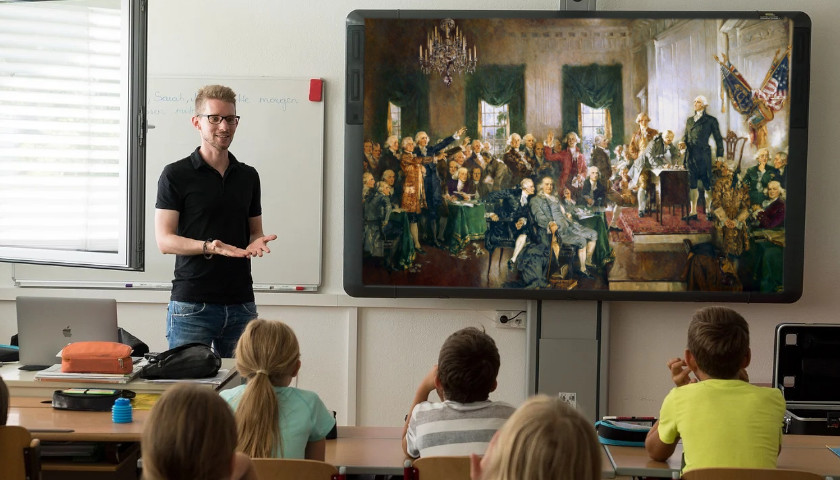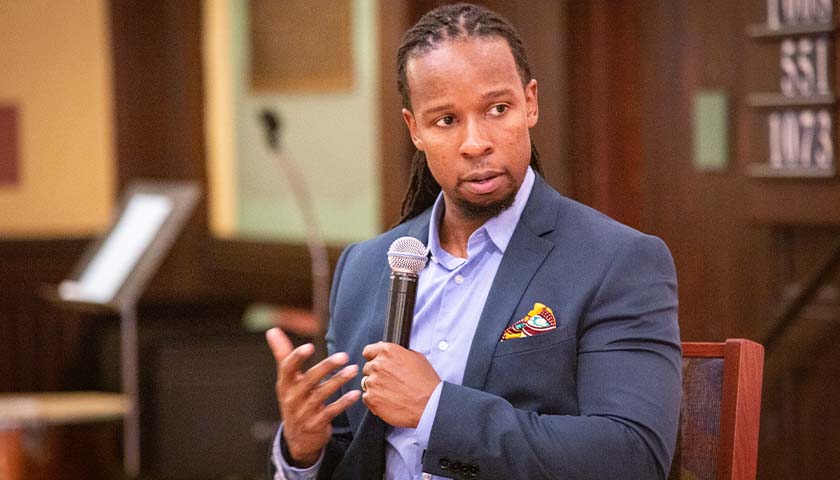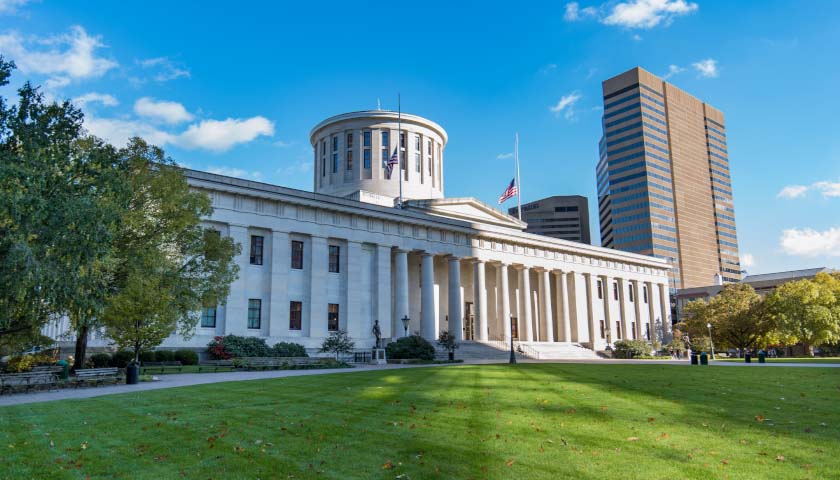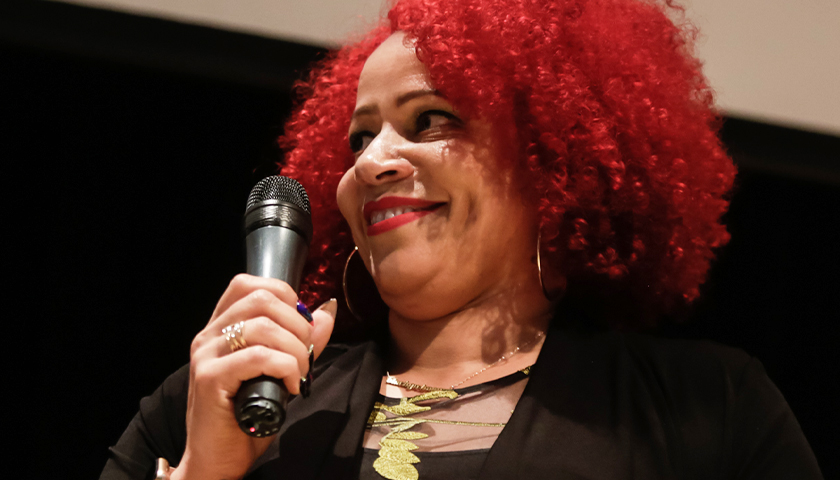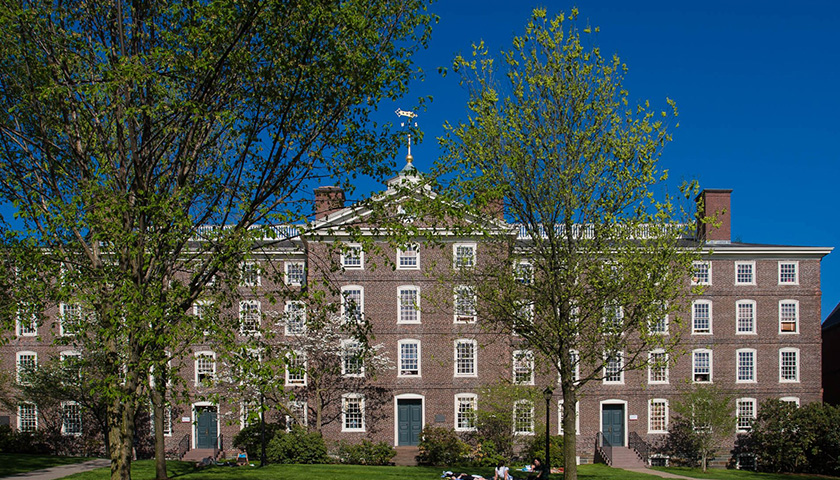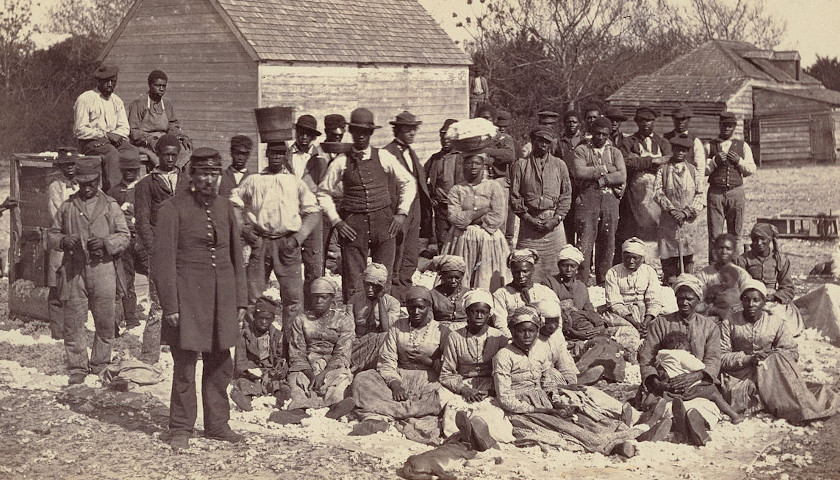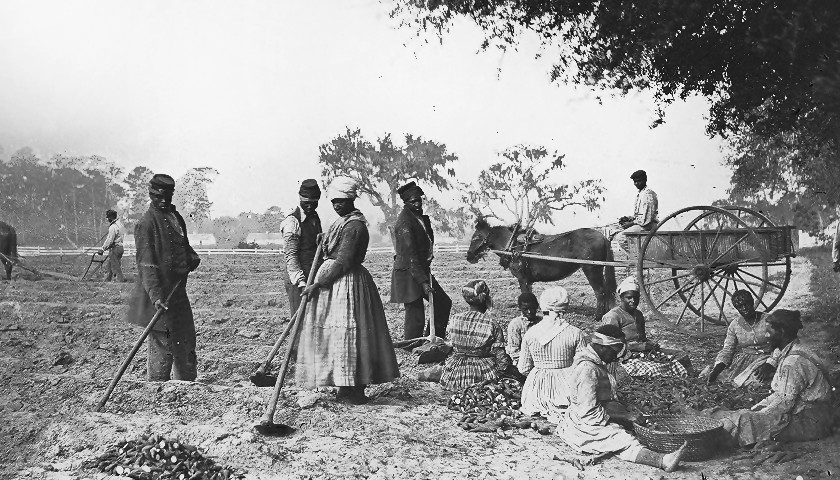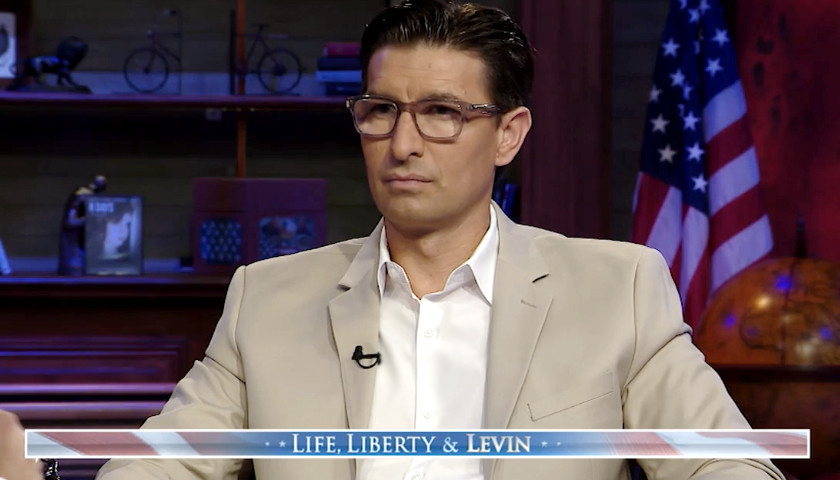The University of North Carolina’s decision on June 30 to offer tenure to Nikole Hannah-Jones came about through a torrent of threats (often tweeted), profanities, doxxings, and assaults—tactics that have become increasingly commonplace among professional activists and racial grievance-mongers.
Hannah-Jones, of course, is the Pulitzer Prize-winning opinion writer and architect of the New York Times’ notorious “1619 Project,” which claims that America’s true founding was not in 1776 but rather in 1619, when 20 or so African slaves arrived in Virginia. Hannah-Jones contends, moreover, that the American War of Independence was fought solely to preserve slavery.
More than two-dozen credible historians, many of them political liberals and leftists, have debunked Hannah-Jones’ claims. Though, as we’ll see, some are less firm in their convictions than others. What’s clear, however, is that peer review is passé in the era of “diversity, equity, and inclusion.” Forget a stellar record of scholarly accomplishment—that’s a relic of “Eurocentrism.” Far more important these days is a candidate’s enthusiasm for social justice. It was Hannah-Jones’ celebrity activism and her “journalism,” not her scholarship, that formed the basis for the university’s initial offer of tenure earlier in the spring.
Read More

